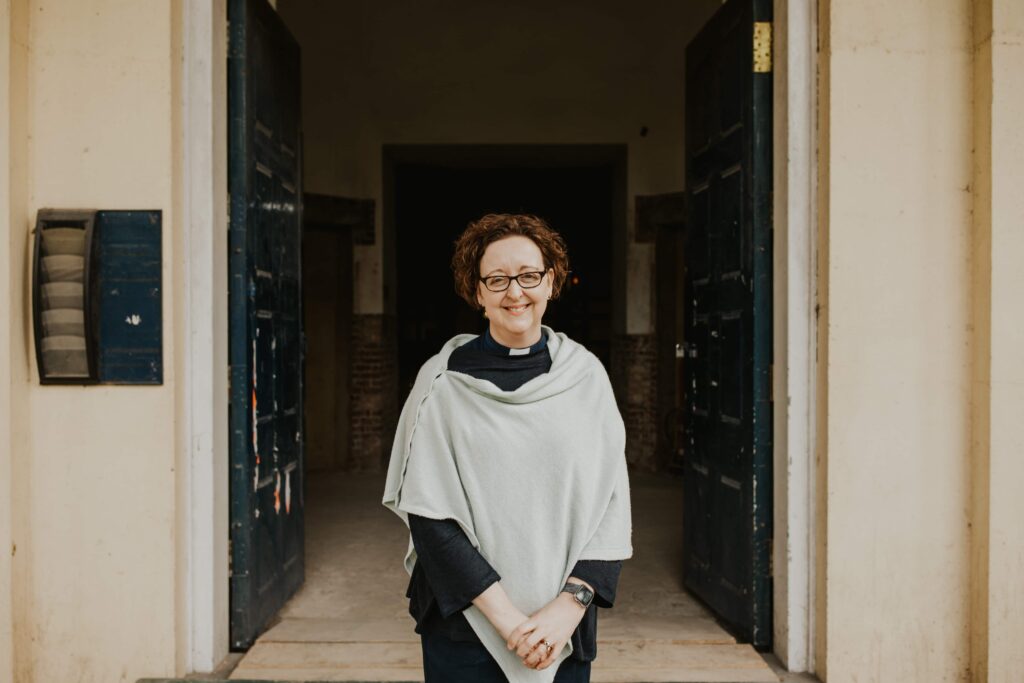The Archbishop of York wrote to a complainant regarding several serious cases of miscarriage and misconduct of process and injustices in safeguarding policy and practice, to which the individual has been repeatedly subjected. The diocese concerned, Lambeth Palace staff and the NST were all culpable of serious errors, misconduct and coverups. Nothing was done. The email from the Archbishop of York is dated 29 March 2022 (with emphasis added in bold):
Dear XXXX
I hope this finds you well, or at least better than you were.
So many letters have been flying around that I have to confess I have possibly read them in the wrong order. However, I do know that is how it seems to you, and I get that.
Neither do I completely understand why referring the serious issues you raise to the Independent Safeguarding Board isn’t the best way of trying to independently understand what has happened and plot a better way forward.
For a long time people have accused the Church of England of marking its own homework. I share that concern. Hence, I have been a champion of independence over scrutiny of safeguarding for many years. Now that this Independent Board exists I believe it presents the best (and maybe the only) way of taking your complaints and concerns seriously, holding the Church of England to account and enabling us, where necessary, to change.
Now I know your concerns are much wider than your own particular case, and of course I am aware of the pain that others have experienced. And as you may or may not recall I have also myself been subject to investigation myself, so I have a very small taste of how this can feel and what it does to you.
You remind me in one of your letters that evil flourishes when good people do nothing. But we are not doing nothing. We are setting up an Independent Board to scrutinise safeguarding in the Church of England and provide a place where grievances, concerns and alleged injustices can be brought.
That may not be enough. But it has barely started, and I believe it needs to be given a chance.
Evil also flourishes when good people stop talking to each other or only communicate with megaphones.
Or where good people who are trying – often under the radar – to bring about change are so stymied and defined by the mistakes of the past that the very real hope that has been worked for a long time is not given an opportunity to work.
I don’t want us to get into that place. And of course I am dismayed at some of the actions you propose making. I honestly believe that there is a better way of having your legitimate concerns addressed.
And here I don’t want to put things in writing, not because I fear being quoted – though I note your intention to publish correspondence – but because words on a page don’t have a tone of voice. And I want to communicate to you how dearly I hope to bring change and development to safeguarding, but I also want to say that I truly believe real progress has been made and I see it in the way that we are responding to many survivors at the moment, and I could quote several recent examples where people have thanked me for the care and support they have received. I don’t want this put in jeopardy. I know you don’t either.
So this is where I am now. Archbishop Justin and I are proposing that all your concerns are laid before the Independent Board. That is what it is there for.
Help me understand why this is not an acceptable way forward. Or bear with me, and give this a chance.
With my prayers and very best wishes,
++Stephen
Terms of Reference were duly published by the ISB for independently assessing the grievances in question. However, the Terms of Reference did not engage with the grievances, and specifically excluded them. After objections were raised, both Archbishops reiterated the independence and integrity of the ISB in a joint letter (June 14th 2022).
Readers are invited to form their own view as to whether or not the Archbishops regarded the ISB as acting independently and competently in complex safeguarding cases? There is no mention of Phase One or Phase Two.
Dear XXXX
Thank you for your email to both of us.
We realise that we don’t have a common view about what ‘independent’ looks like, but it is difficult to see how the Church could be overseen by any body in this area without contributing to its costs. The ISB is still a new body and it is entirely appropriate that this matter is referred to it.
As you know the ISB has drafted the terms of reference for the work it thinks is appropriate to do and, having discussed the matter on several occasions we really do think we need to afford them the space to do that work. It is a source of continued disappointment to us that you don’t have confidence in this and are unwilling to participate. As we understand it, the invitation to be involved remains open and we hope you realise this.
You seem convinced that the dice are loaded against you before the game has begun. We categorically don’t believe this is the case. As Stephen has consistently repeatedly said whenever you have spoken, we both believe there are important questions to be asked and issues to be addressed. It is our belief that the ISB will do this and we have both worked hard towards its establishment and creation. Moreover, they have indicated that they will be able to report by the autumn this year.
Why not then cooperate with the process, let them make their report, and then see where we are? How could this possibly be worse than the situation we are in at the moment? We have been part of a process that has referred this to the ISB. They have said that they will look at this and report back.
So can we invite you again to reconsider your opposition to cooperating with this process and also, if we may, reconsider the language you use to sometimes besmirch those who are actually trying to help you and move this forward. We are amongst those people and so is Maggie Atkinson. Please think about giving [Maggie] the space and time she needs. If it turns out you’re right, and the whole thing is a sham, and the ISB is in the pockets of those who are against you, then that will become clear. We, however, do not believe it for a moment. And, if we are honest, can’t quite understand why you have reached this conclusion, and wonder whether you have considered how others might interpret this?
With every blessing,
The Most Revd & Rt Hon Justin Welby The Most Revd & Rt Hon Stephen Cottrell Archbishop of Canterbury Archbishop of York
Footnotes: This investigation was subsequently removed from the ISB. Maggie Atkinson was suspended and then dismissed for data breaches. Although William Nye cancelled the investigation, no other process of inquiry is yet in place. The Archbishops’ Council have now sacked the ISB.



